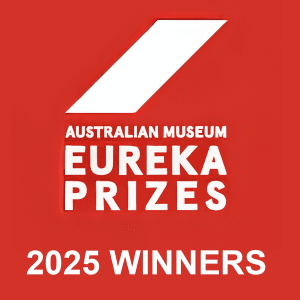

The Royal Society of New South Wales is delighted to learn that four of its Fellows and previous RSNSW award winners have been awarded Australian Museum Eureka Prizes for 2025 at a ceremony held in Sydney on the evening of Wednesday, 3 September. They are Professor Anita Ho-Baillie FRSN and Professor Thomas Maschmeyer AO FRSN FAA FTSE of the University of Sydney, and Distinguished Professor Ian Paulsen FRSN FAA and Associate Professor Noushin Nasiri of Macquarie University.
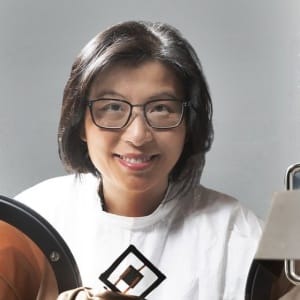
Professor Anita Ho-Baillie, of the University of Sydney and winner of the RSNSW 2022 Warren Prize, has won the 2025 Eureka Prize for Sustainability Research. Driving efficiency of solar cell energy conversion from about 30 per cent to 40 per cent, Anita Ho-Baillie combines multiple semiconductor materials, such as metal halide perovskites, into one solar cell to better utilise the solar spectrum. She has solved thermal and moisture instability problems with perovskite solar cells, a major leap towards commercialisation.
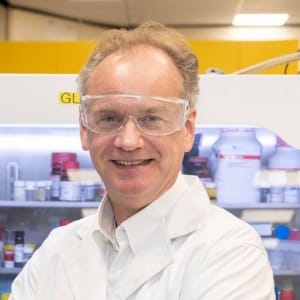
Professor Thomas Maschmeyer, of the University of Sydney, has won the 2025 Eureka Prize for Societal Impact of Science. Thomas Maschmeyer has developed a scalable technology that converts biomass and mixed plastics into sustainable aviation fuels and chemicals for the circular economy. By turning pollution into a valuable resource, his process reduces emissions, keeps waste out of landfill and helps industry decarbonise. International adoption is accelerating societal impact.
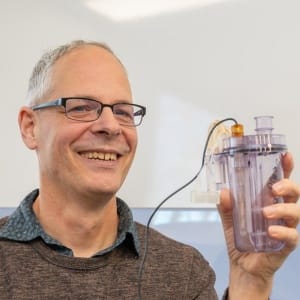
Distinguished Professor Ian Paulsen, of Macquarie University, has won the 2025 Eureka Prize for Leadership in Science. Ian Paulsen has transformed synthetic biology from a niche science in Australia to a national strength. He leads the Australian Genome Foundry and the ARC Centre of Excellence in Synthetic Biology, which has spun out nine start-up companies that have raised more than $200 million in venture capital.
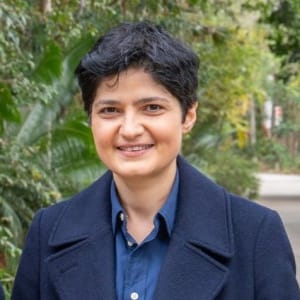
Associate Professor Noushin Nasiri, of Macquarie University and winner of the RSNSW 2121 Warren Prize, is the leader of the Fission Chips Team that has won the 2025 ANSTO Eureka Prize for Innovative Use of Technology. In a paradigm shift for nanosensor production, Noushin Nasiri and her Fission Chips Team developed a cheaper, more efficient sensor using non-toxic vinegar in a special low-temperature joining technique. The sensors have a myriad of applications in smart, wearable systems, such as monitoring skin cancer risk or pregnancies in cattle.
To read more about all Eureka Award winners for 2025, please browse this link on the Australian Museum website.
The Council of the Society warmly congratulates both Professors Ho-Baillie, Macshmeyer, Paulsen, and Nasiti on their achievements and on this further recognition of the impact of their outstanding research.